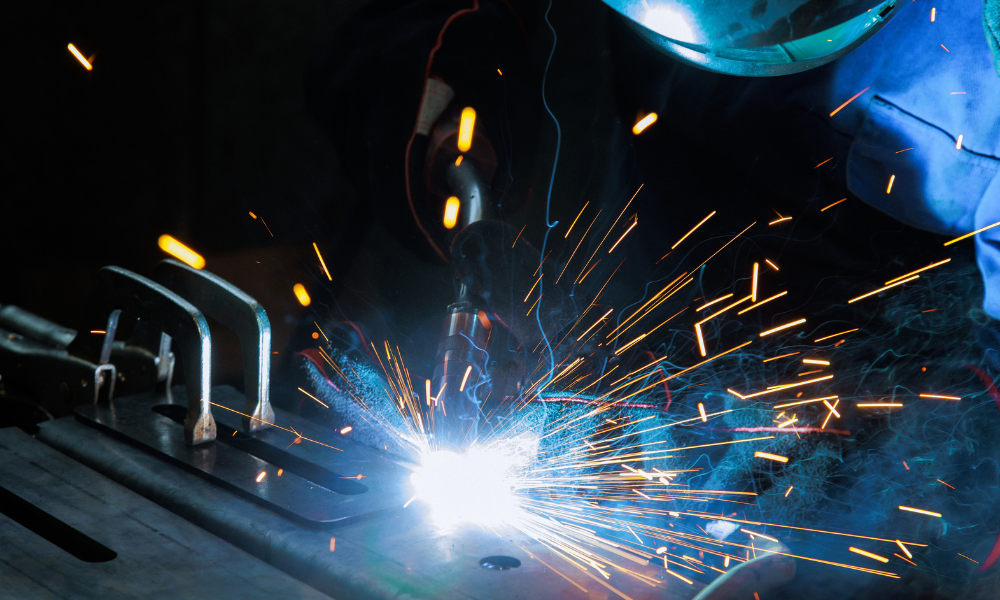US Steel deal collapse sparks legal challenge and diplomatic tension between US and Japan

President Joe Biden has blocked the US$14.1bn sale of United States Steel Corporation (US Steel) to Nippon Steel Corporation, citing national security risks.
According to BNN Bloomberg, he announced his decision on Friday after a referral from a US security review panel just before its early next week deadline.
Biden said in a written statement, “We need major US companies representing the major share of US steelmaking capacity to keep leading the fight on behalf of America’s national interests.”
He added that the deal “would place one of America’s largest steel producers under foreign control and create risk for our national security and our critical supply chains.”
The decision mandates that US Steel and Nippon Steel abandon the deal within 30 days. It also blocks any “substantially similar transaction” and authorizes the Attorney General to enforce the decision.
US Steel and Nippon Steel issued a joint statement criticising Biden’s decision. “The process was manipulated to advance President Biden’s political agenda,” the companies said.
They argued that his order lacked credible evidence of a national security issue and vowed to pursue all appropriate legal actions to protect their rights.
Japan’s trade minister, Yoji Muto, called the decision “hard to understand and disappointing.”
He said the Japanese government would ask the Biden administration for an explanation and assurances to alleviate concerns for Japanese companies investing in the US.
The decision marks a significant win for United Steelworkers President David McCall, who strongly opposed the sale.
McCall said Nippon Steel’s involvement would destabilise the US steel industry, compromise national security, and harm domestic trade systems.
“It’s clear from US Steel’s recent financial performance that it can easily remain a strong and resilient company,” McCall said. He urged US Steel’s board of directors to focus on enabling the company to remain profitable and independent.
While McCall and union leaders praised Biden’s decision, some rank-and-file union members had supported the deal.
The sale became a contentious issue during the US presidential election campaign. Biden’s opposition centred on national security concerns and protecting domestic jobs.
“A strong domestically owned and operated steel industry represents an essential national security priority and is critical for resilient supply chains,” Biden said.
His order identified “credible evidence” that Nippon Steel’s acquisition could threaten US national security.
Biden emphasized the importance of domestic steel production, citing its role in infrastructure, the auto industry, and national defence.
Shares of US Steel fell 5.8 percent to US$30.71 following the announcement.
The blocked transaction raises questions about US Steel’s next steps.
Cleveland-Cliffs Inc., which had previously bid for the company, might reconsider its interest, but it has since shifted focus to other acquisitions.
Analysts, such as Timna Tanners of Wolfe Research, believe US Steel might remain a standalone company.
“It’s really clear to us that US Steel will stay standalone,” Tanners said. She described it as “a pretty tidy little business, with half and half blast furnace and mini mill operations.”
US Steel may need to restart the sale process if it seeks another buyer, but finding an acceptable deal could prove difficult. The company has highlighted the need for billions in new investments to modernise its facilities.
The Committee on Foreign Investment in the United States (CFIUS), a panel responsible for reviewing foreign acquisitions, referred the case to Biden after failing to reach a decision.
While CFIUS typically scrutinises deals involving adversaries like China, this rejection reflects the Biden administration’s stance on protecting strategic industries even when allied countries are involved.
The yearlong negotiations had included concessions from Nippon Steel regarding employment, investment, and local leadership.
However, Biden’s decision underscores the administration’s prioritisation of national security over foreign investment, even as Japan seeks assurances for its companies operating in the US.



